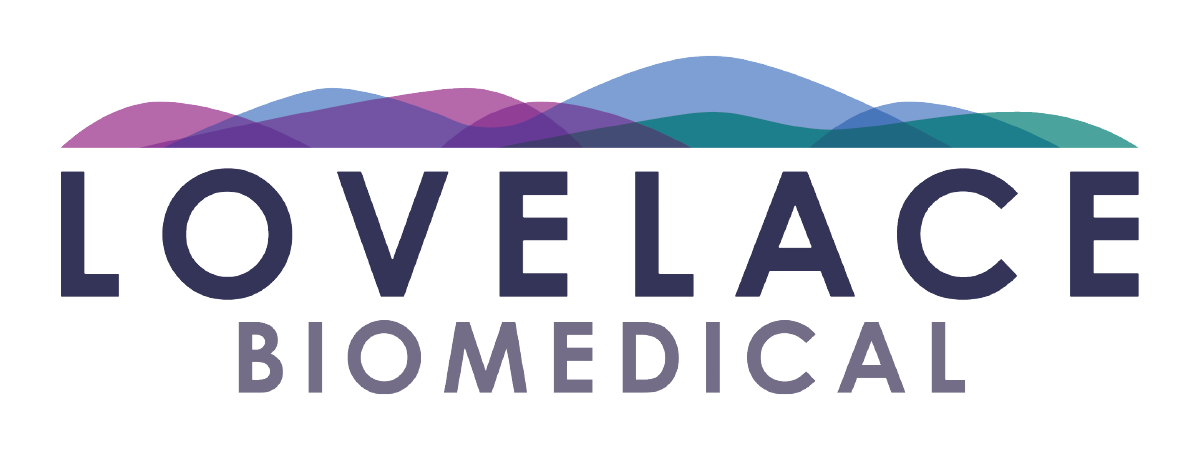Inhaled medicines play an essential role in treating respiratory conditions and many other diseases, from pulmonary fibrosis to asthma. However, a dose of inhaled medicine often results in a cough — an adverse reaction that can be both uncomfortable and counterproductive. It’s a reaction that drug developers seek to avoid as they develop the next generation of inhaled therapies.
Lovelace Biomedical, which has a long history of helping pharmaceutical companies advance respiratory products to clinical testing, has collaborated with Novartis on a study that expands our understanding why people may cough after taking an inhaled drug.
The resulting article, published in American Journal of Advanced Drug Delivery, holds practical relevance for pharma and biotech companies around the world.
The animal exposure study investigated how cough response differs in response to the acidity of the inhaled formulation. It’s an important question, as the acid/base properties of a molecule are among the most fundamental for drug action — regardless of whether the drug is inhaled or not.
It’s known that chemical irritants in inhaled formulas bind to receptors on sensory nerves, opening ion channels on the terminals of the airway sensory nerves and ultimately activating motor neurons that result in the cough reflex. With measurements captured using an omni-directional lavalier microphone system, Lovelace measured the acid-evoked cough response in guinea pigs, and established a cough threshold for maleic acid and citric acid.
Overall, the experiments with nebulized acid solutions helped establish confidence that the guinea pig model is well suited for evaluating acid-evoked cough response. Knowledge gleaned from the study will be useful for follow-on research that examines inhaled dry powders, and may help inform the design of inhaled therapies that evoke as little cough as possible. For more information, read the full study.
For more information on Lovelace Biomedical’s capabilities in developing unique models for preclinical drug evaluation and advancing potential therapies to IND stage, contact us today.

